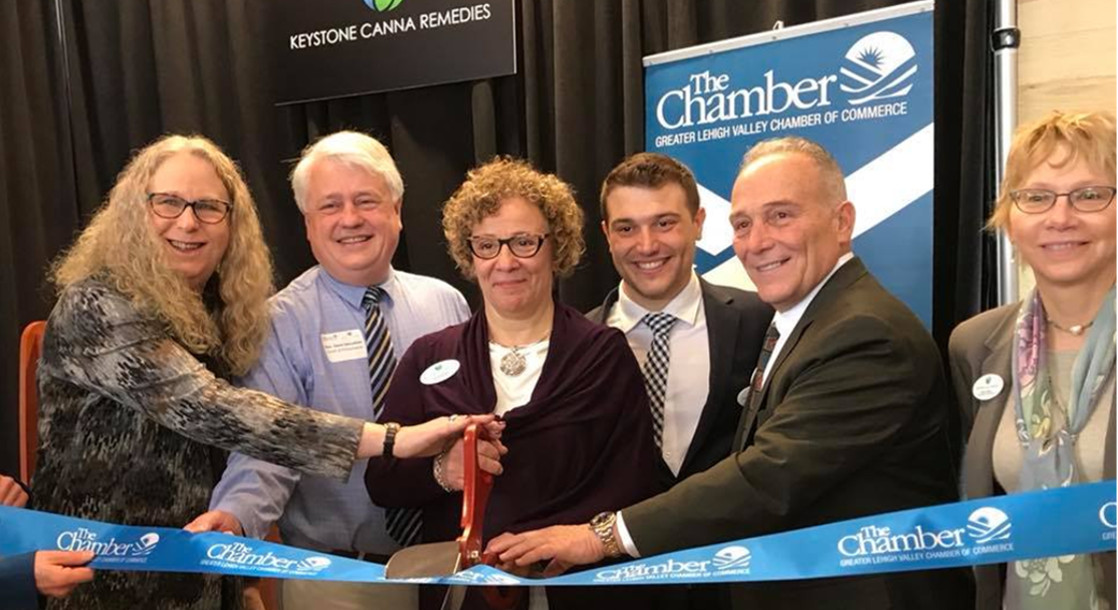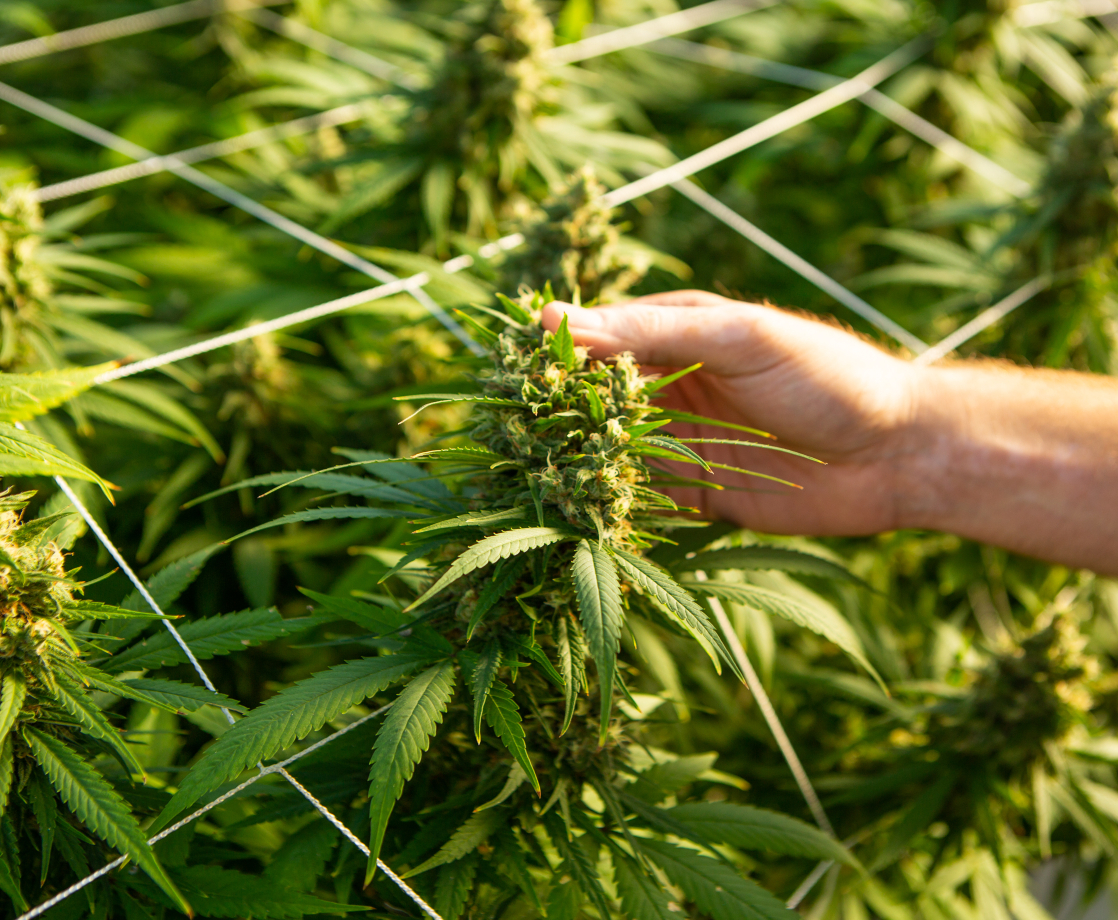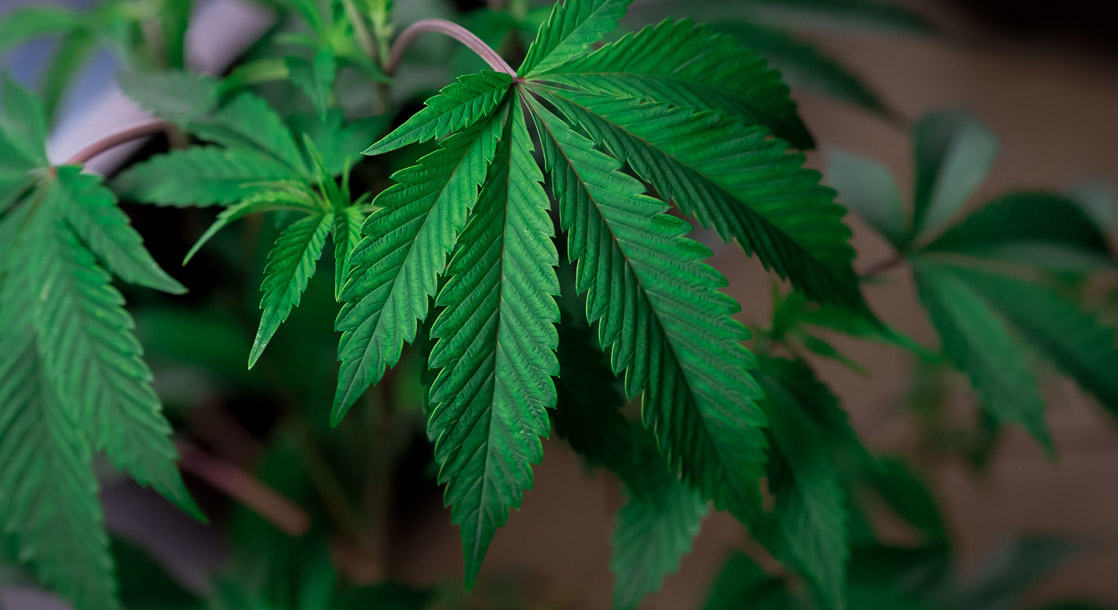Photo via Urilux
Cannabis is well known as a tool to combat ailments like anxiety and depression, though it remains controversial within the fields of psychiatry and mental health. While legalization has made it easier for mental health professionals in states like California to recommend cannabis, many remain reluctant to do so.
Nevertheless, doctors willing to discuss cannabis with their patients say there needs to be a stronger conversation about cannabis in psychiatry, whether in regard to potential interactions with other medications, treating a specific condition, or even possibly worsening a condition through marijuana use.
Post-traumatic stress disorder (PTSD) is perhaps the most widely accepted psychiatric condition which cannabis is used to treat. In New York, for example, PTSD is the only mental health indication for which doctors are legally allowed to recommend medical marijuana.
"I certainly have patients with depression, anxiety, insomnia, and PMS — patients who use cannabis for all kinds of reasons — and I discuss it with them, but in New York, those are not [state-legal] indications for medical cannabis," says New York-based psychiatrist Julie Holland, author of The Pot Book: A Complete Guide to Cannabis. Holland makes it clear to patients that they can discuss their use of cannabis and other substances with her, even if they're buying them off the black market; in fact, she asks them about it at initial intake.
Some people lie to their doctors about their drug use, while in other situations the doctors won't ask. "It's like ‘don't ask, don't tell,’" Holland says. "I sure do ask about cannabis; I go through any drugs they're using and why to get a sense of how they're already trying to manipulate their own chemistry. It's important people feel safe and not judged."
For opiate-dependent patients, for instance, cannabis use is relevant. Holland even says opioid dependence should be one of the accepted uses for medical marijuana in New York, as cannabis can be a safer substitute for opioids.
"If someone tells me about their cannabis use, I'll find out what they're doing, and try to help the make it safer," says Holland. "Like if you're trying to treat your anxiety, [I’d recommend patients] use a high-CBD strain or CBD supplements."
It's even more important for patients with psychiatric conditions like bipolar disorder or schizophrenia to be open with their physicians about using cannabis. While cannabis' non-toxic nature won’t cause any safety issues for patients using psychiatric medications, it’s important to recognize how they may be self-medicating off-label.
In what's called the "stress-diathesis model," Holland explains that high doses of THC could be considered a stressor in the interaction between a patient's predisposed vulnerability to a psychiatric disorder and the stress that may bring it to light; especially in cases of schizophrenia. With a condition like bipolar disorder, on the other hand, though cannabis (or psychedelic use) may be correlated with a manic episode, a patient cannot be diagnosed unless they experience such an episode totally sober, she points out.
"When we start to look at more complex mental health issues like bipolar disorder and things like [obsessive-compulsive disorder], frankly the jury is out on whether cannabis can be helpful," says Dr. Jordan Tishler, cannabis specialist at InhaleMD in Massachusetts.
In Tishler's dealings with colleagues across both academic discussions as well as regarding direct patient care, he says he's found little worry and a great deal of curiosity about what cannabis can do. "Certainly I've encountered some resistance, particularly from addiction specialists," he notes. "I would say the Northeast is probably a little more receptive than the rest of the country to the idea that cannabis can be helpful, but also to the idea that cannabis should be handled in a rigorous medical fashion."
The DIY mentality that often comes with marijuana legalization can be detrimental for regular adults who don't know how cannabis could affect them, physically or psychologically. For example, for people taking the drug Tacrolimus after a procedure such as a liver transplant, cannabis and CBD in particular can be lethal. Patients ingesting this immunosuppressant must take a very exact dose — without enough Tacrolimus, they could have liver failure, and with too much, they could overdose. "It turns out that CBD interacts with Tacrolimus and increases the [dosage], and that can be lethal," says Tishler. "As we get more and more sick people into our care provision system, we'll have more of these problems come up."
For this reason, it's important even for mental health specialists in states with medical marijuana to be aware of their patients' entire physiology when recommending cannabis. California psychiatrist Eugene Schoenfeld, for instance, most often recommends cannabis for things like anxiety, insomnia, or even back pain. "I've had numerous times other psychiatrists refer patients to me for a marijuana recommendation because they were not comfortable doing it, or weren't sure what to do," he says. "So there's a mixed reaction to [cannabis] among mental health professionals."
Most often, they're so wary about cannabis — even in California — because of the (perceived) lack of research. "I've known of some instances where medical doctors recommended marijuana to a patient without adequately exploring [their] mental health background, and the patient winds up in the mental hospital, and blames the marijuana and the doctor," says Schoenfeld. "There's a fear of repercussions. I wish that doctors as a group would demand that the [U.S. Drug Enforcement Agency] reschedule marijuana because it greatly restricts research, and thwarts access to information that we need."











